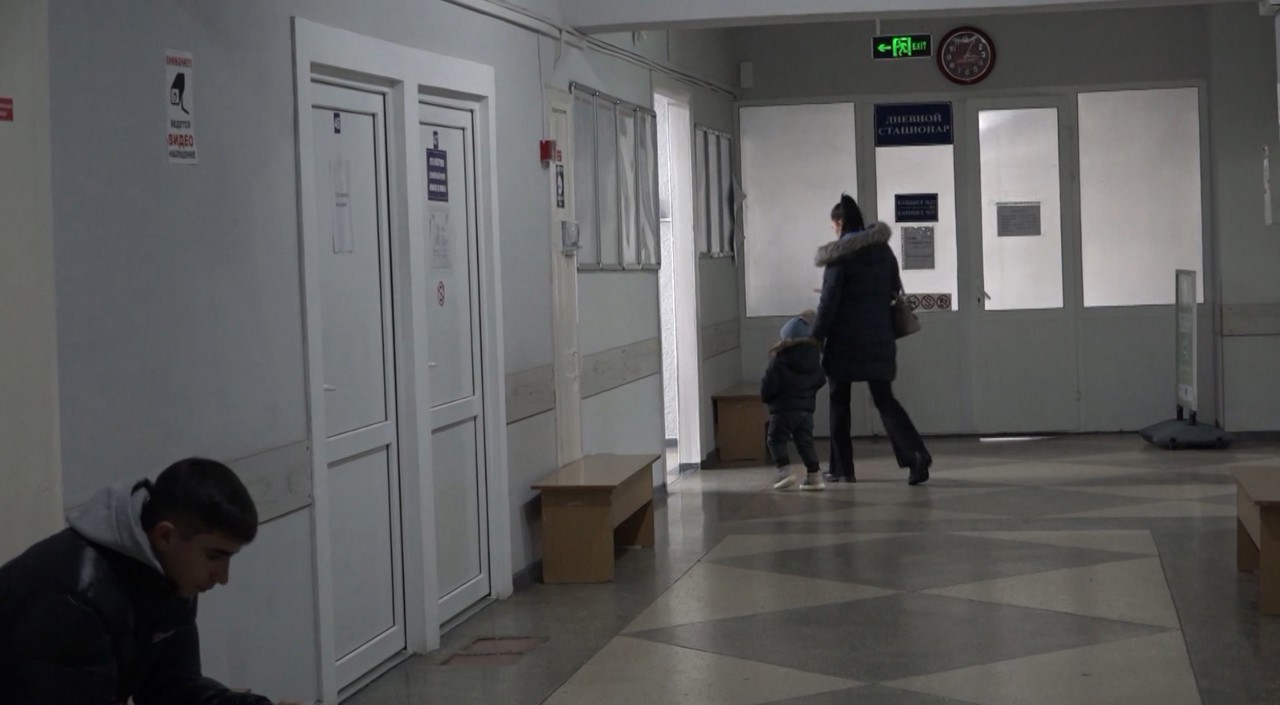Moldova's workforce crunch: Urban exodus and public sector dilemma
Moldova's economy is facing a significant hurdle: a labour shortage estimated at around 10,000 unfilled positions, according to the National Employment Agency.

This gap is particularly pronounced in urban areas, driven by a confluence of factors including population decline, emigration, and a skills mismatch between job seekers and available positions.
Industry Seeking Hands, Youth Seek Options
"The most sought-after sectors on the labour market right now are industry, trade, agriculture, education, and healthcare," explains Elena Coban, head of the press service at the National Employment Agency. "The least in demand are professions in the arts and insurance fields."
The data reveals a stark urban-rural divide, with 87% of job offers concentrated in cities and only 13% originating from rural areas. Extractive industries, arts, leisure activities, and financial services appear to be particularly unattractive to job seekers.
Public Sector Struggles to Attract Young Talent
Adding to the complexity is the reluctance of young Moldovans to embrace public sector jobs. This hesitance stems from concerns about low salaries, heavy workloads, and limited career advancement opportunities.
"These salaries come with the possibility of increases through bonuses, allowances, and overtime payments," acknowledges Victoria Sanduța, a judge at the Chisinau Court, which itself is struggling to fill over a hundred vacant positions.
Bridging the Gap: Strategies and Challenges
The Chisinau Court is attempting to address its staffing shortfall by offering a range of employment opportunities, with salaries ranging from 7,000 to 12,000 lei. Additionally, volunteer positions are available for students and individuals lacking legal qualifications.
Some young Moldovans view volunteer work as a viable pathway to gaining experience and eventually building a career, even if the initial pay may be lower.
"I am focused on my career and studies. The world is very developed now, it is very easy to exchange experiences," remarked one young person interviewed.
However, others highlight the shortcomings of the training and preparation programs offered by many Moldovan businesses.
"The training and preparation of staff is very underdeveloped at many economic agents in Moldova," another young person pointed out.
The Moldovan government's recent decision to raise salaries for staff in the judicial system by around 2,500 lei is another step aimed at attracting and retaining talent.
Moldova's labour shortage presents a complex challenge with no easy solutions. Addressing the concerns of young people, investing in training programs, and fostering a more attractive work environment in both the public and private sectors will be crucial in overcoming this hurdle and ensuring a sustainable workforce for the future.
Translation by Iurie Tataru




